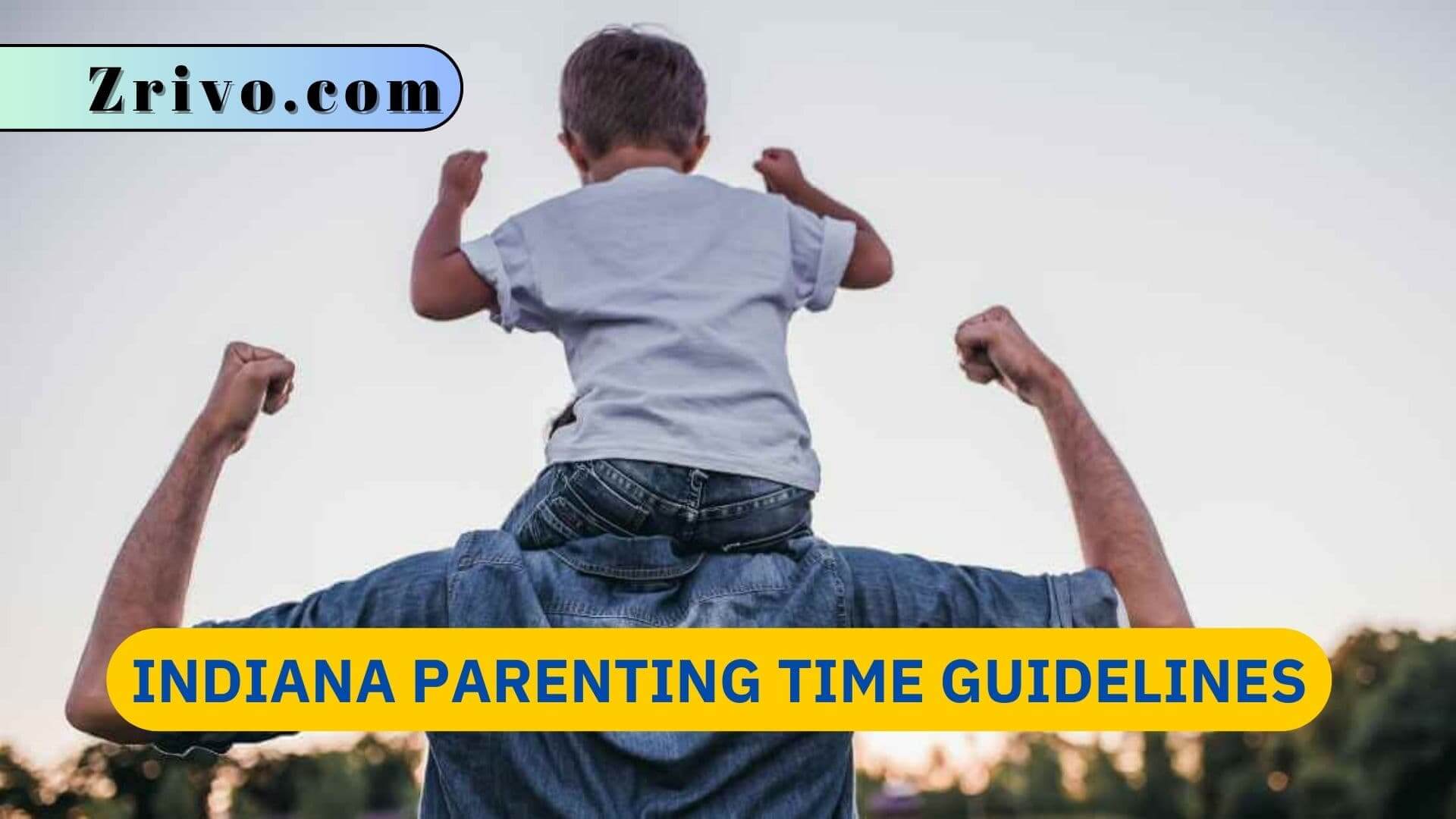Indiana Parenting Time Guidelines
Parenting time (or visitation) is the right of parents to have frequent and ongoing contact with their children. The Indiana parenting time guidelines are rules that help parents establish a custody schedule.

Indiana Parenting Time Guidelines are based on the belief that children benefit from regular contact and interaction with both parents. They also help reduce conflict and tension in divorced families. The 2022 Indiana parenting time guidelines have some notable changes. One change has to do with the use of communication tools. Instead of pagers, parents must now use text and email to communicate with each other and their children. Another change has to do with make-up parenting time. The new parenting time guidelines state that a parent may request make-up time if they miss their scheduled parenting time due to circumstances beyond their control, such as being quarantined or having military obligations.
The new Indiana Parenting Time Guidelines offer guidance on how to approach custody and parenting time during a public health emergency. They state that existing court orders on custody and parenting time remain enforceable but advise that the courts should be flexible and cooperative during these situations. They also state that if parents want to modify their existing orders, they should file a Petition with the court.

The New Indiana Parenting Time Guidelines
The new Indiana Parenting Time Guidelines, introduced in 2022, implement several changes compared to the previous guidelines. Here are some of the key updates:
- The guidelines strengthen the notion that frequent, meaningful, and ongoing contact with both parents is generally in the child’s best interest. This emphasizes the importance of maintaining a positive relationship with both parents for the child’s emotional and psychological development.
- The guidelines now suggest a more structured schedule for parenting time, particularly for young children. This includes specific recommendations for weekdays, weekends, holidays, and school breaks.
- It clarifies how alternating weekend schedules should work in relation to holidays. Now, suppose a holiday falls on the non-custodial parent’s weekend. In that case, they retain parenting time for that weekend in addition to their regular alternating weekends.
- The time frame for notifying the other parent about a planned relocation has been reduced from 90 days to 30 days. This allows for more time for discussion and potential adjustments to the parenting time schedule.
- The notice must now include more detailed information about the move, such as the new address, phone numbers, and reasons for the relocation.
- The guidelines acknowledge that children sometimes hesitate to spend time with a parent. This can be due to various reasons, including natural developmental changes or concerns about their well-being.
- The guidelines encourage parents to communicate openly with each other and the child to address any hesitations and ensure they feel safe and supported during their time with each parent.
- The guidelines now state that courts should not allow children to decide whether scheduled parenting time takes place.
- They emphasize the importance of make-up parenting time if a parent misses scheduled time due to reasons beyond their control, such as illness or work obligations.
- The guidelines encourage parents to participate in mediation or other dispute-resolution processes to resolve disagreements concerning parenting time arrangements.





